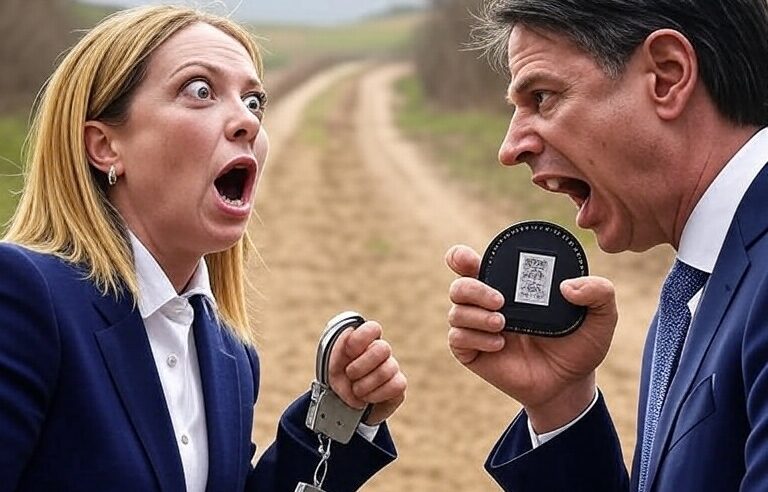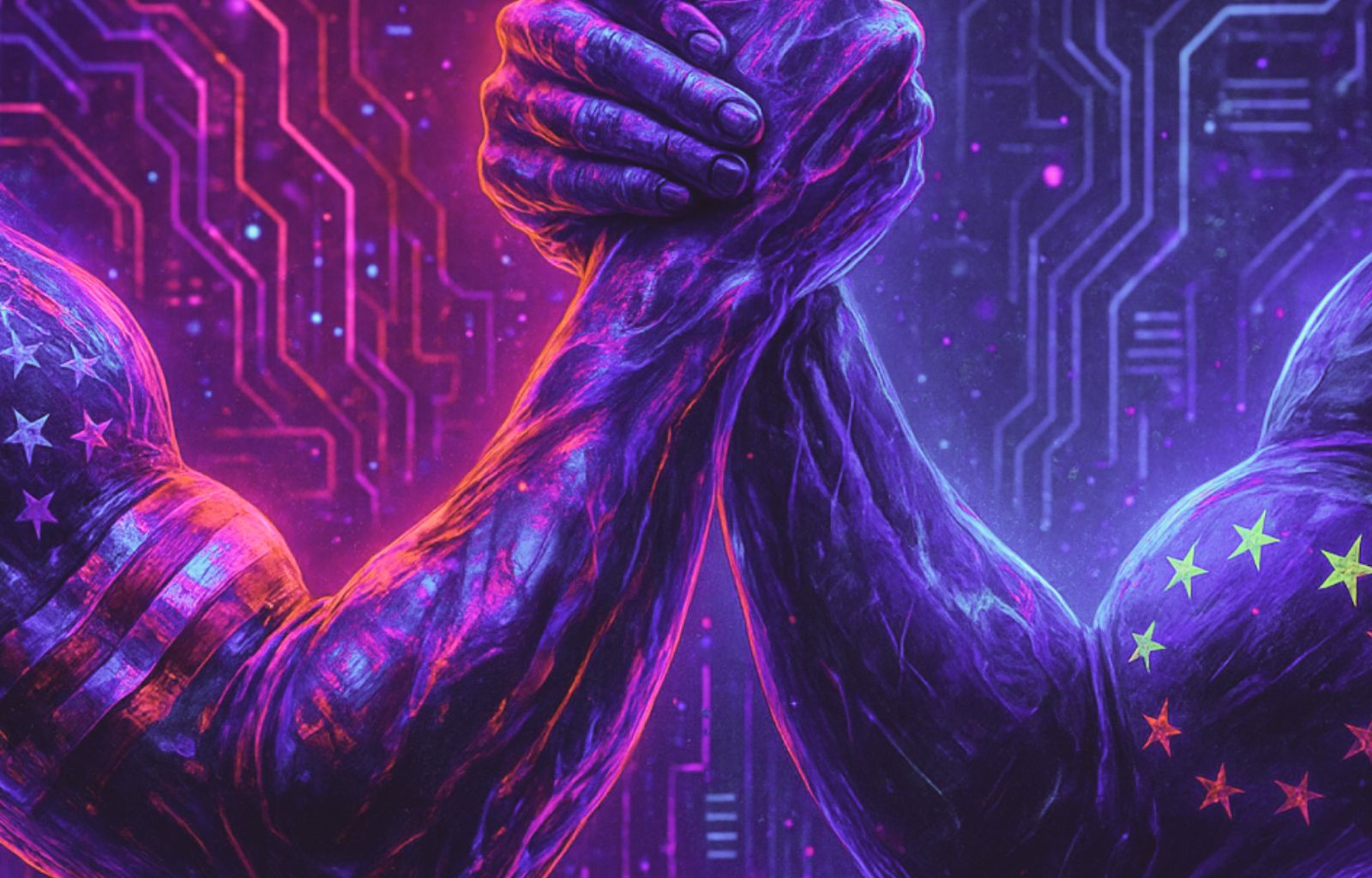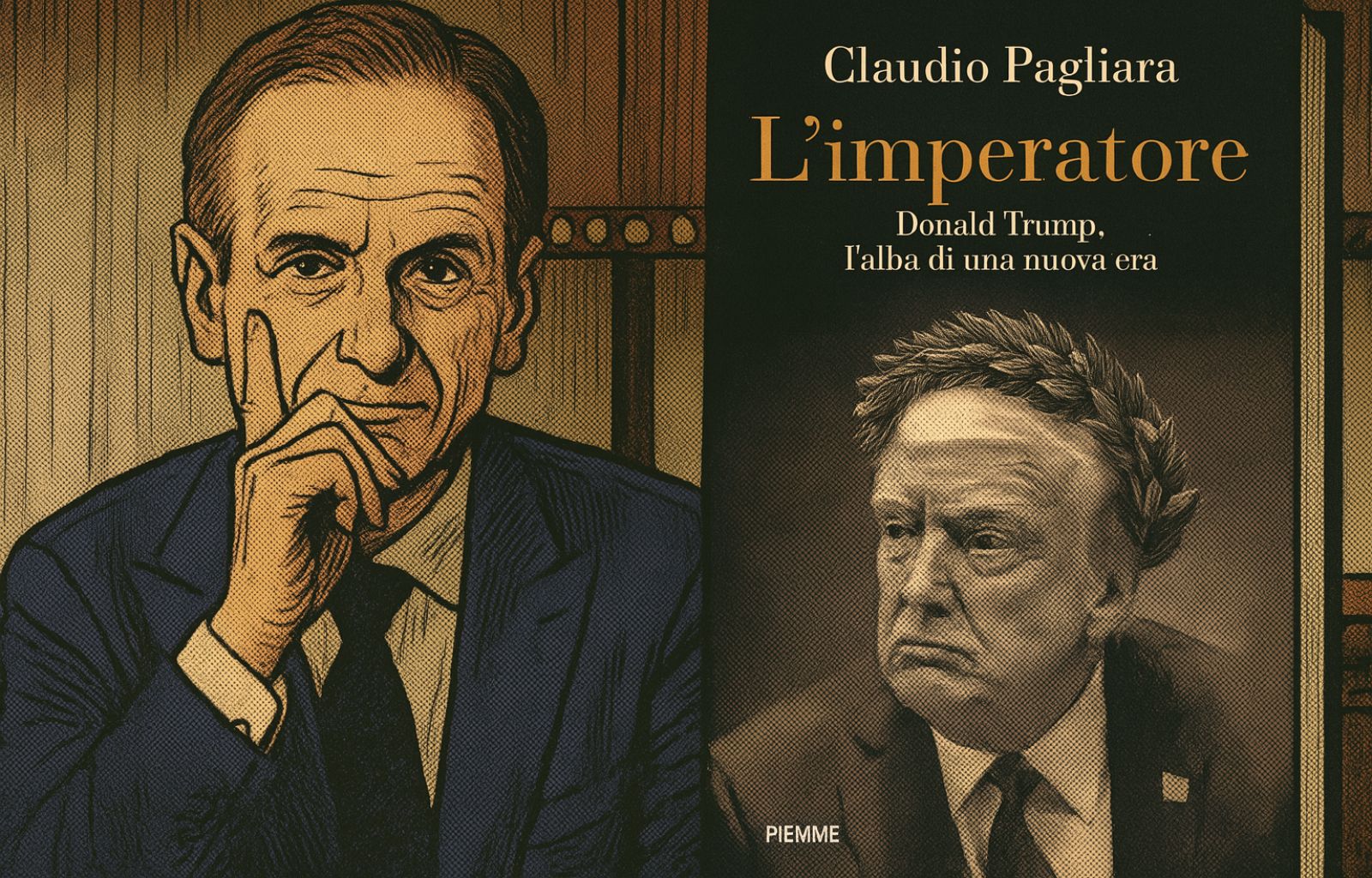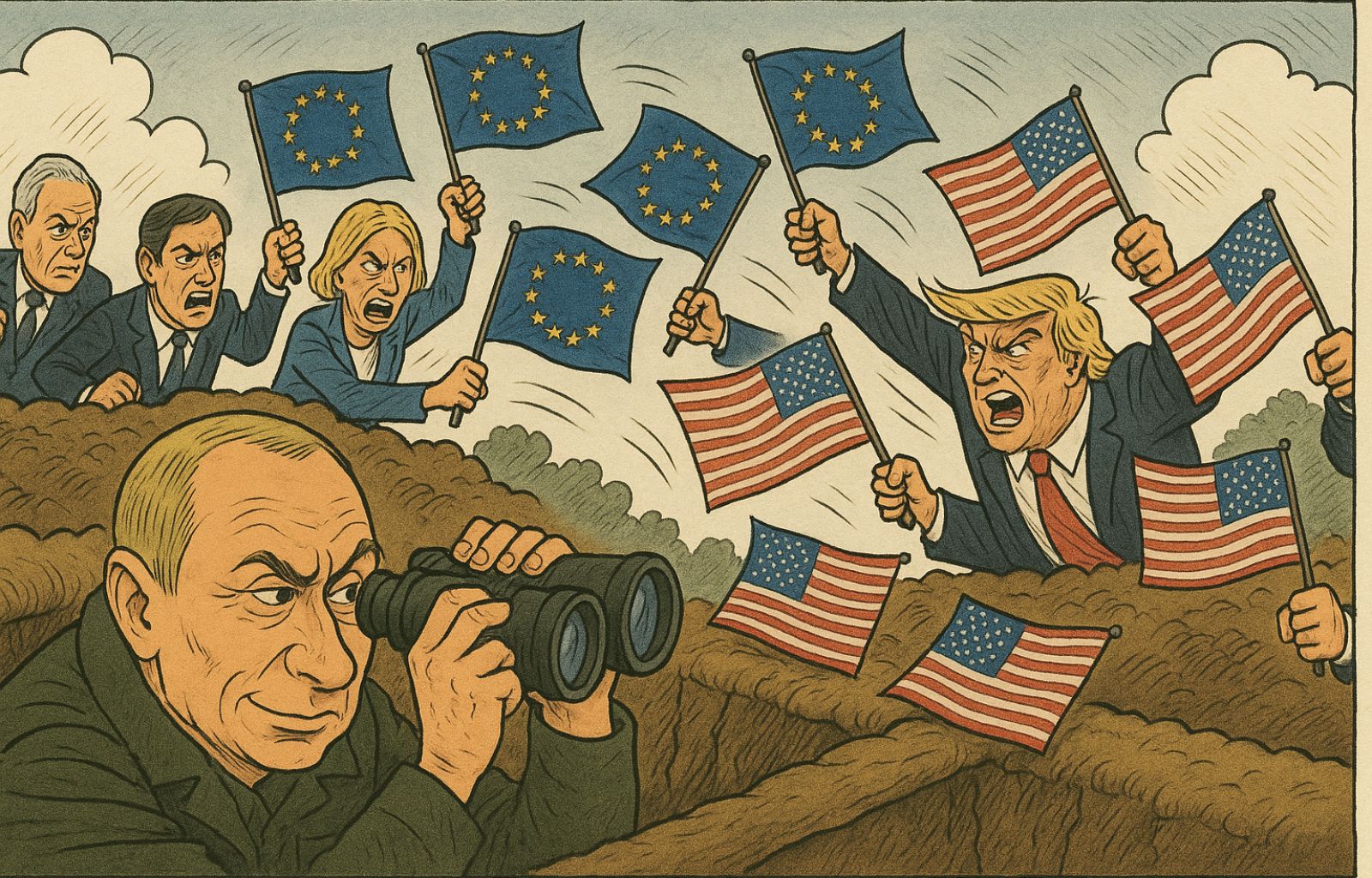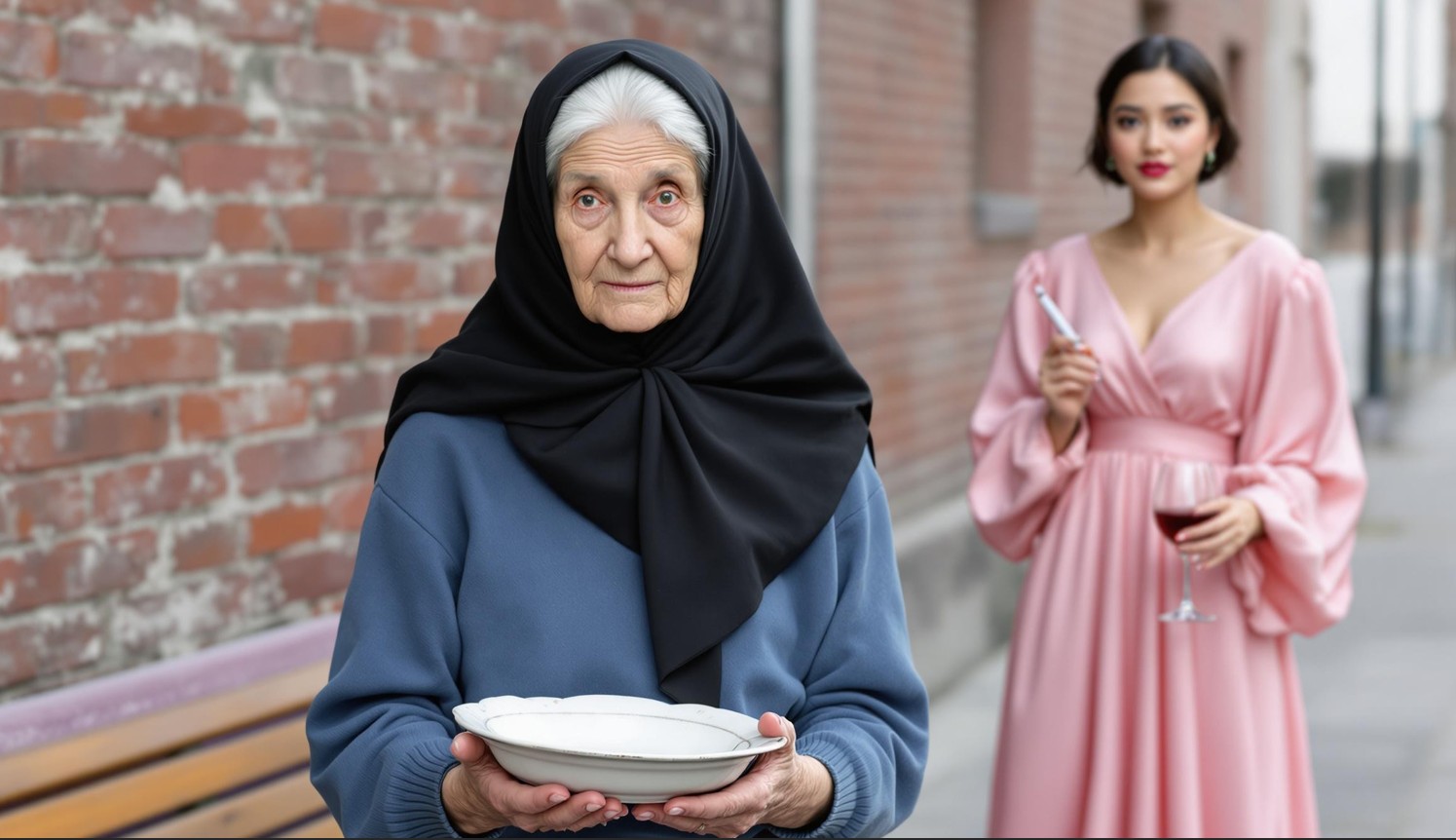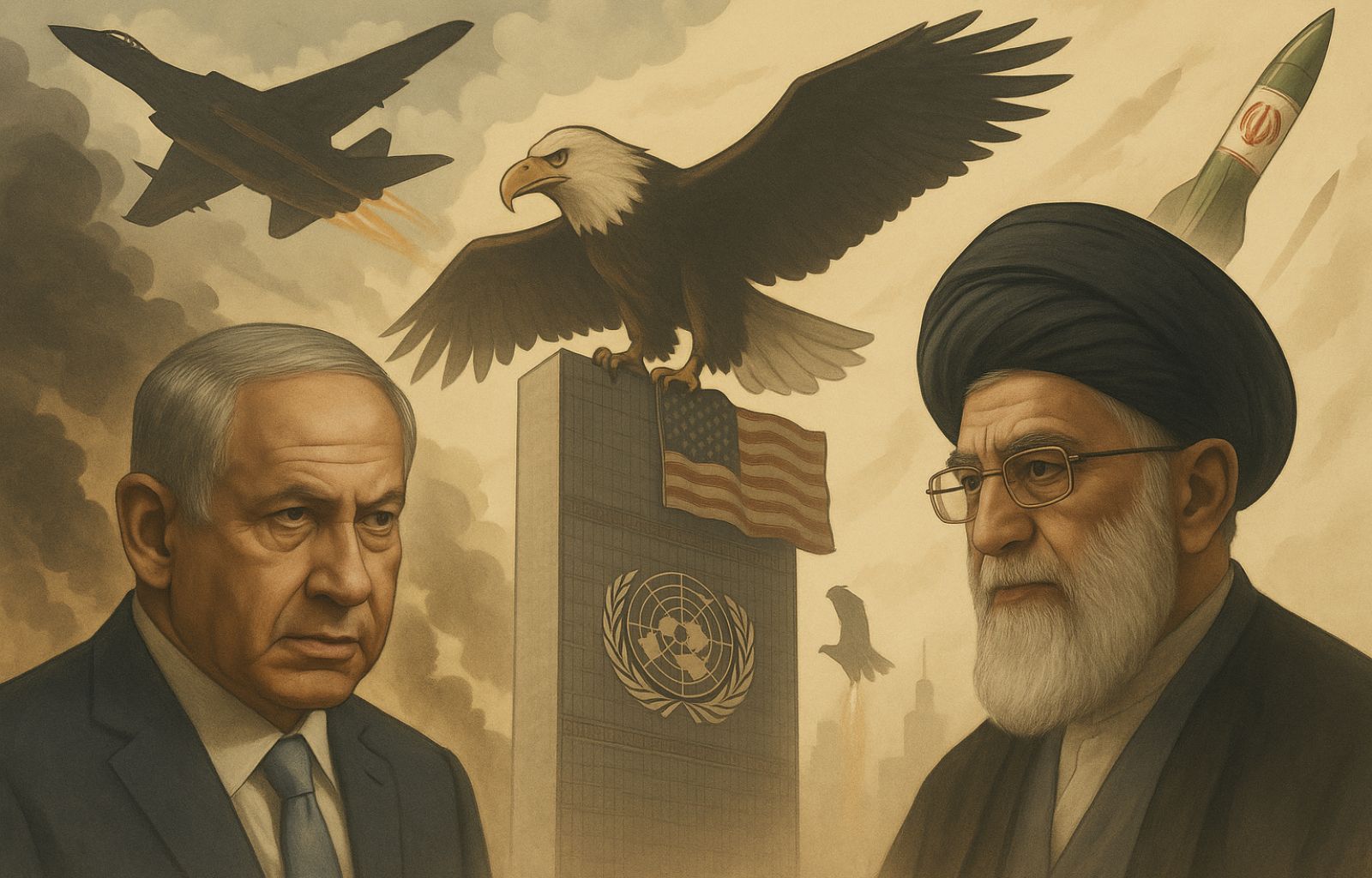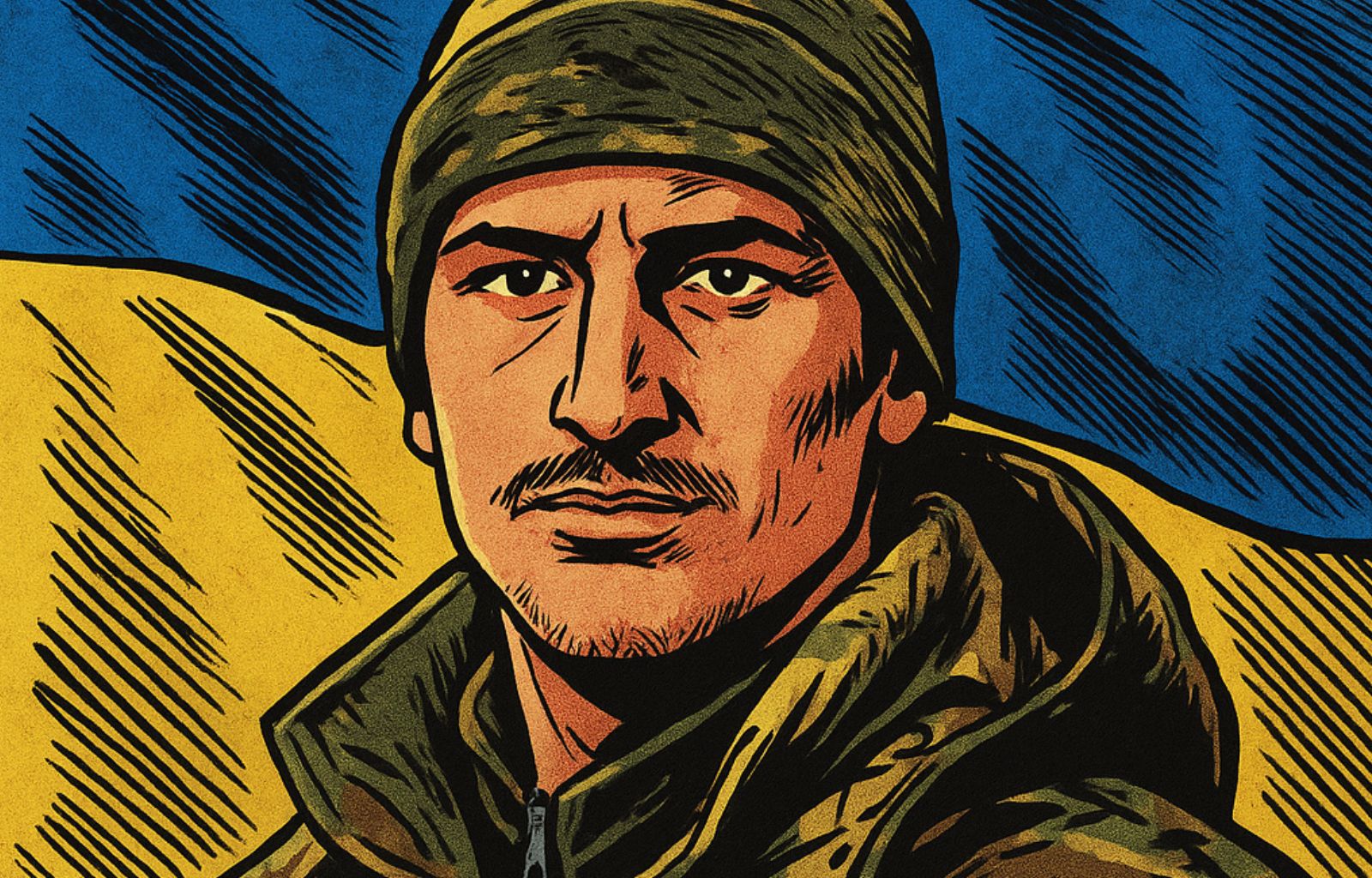A former football player as president: Kavelashvili’s unopposed election divides Georgia
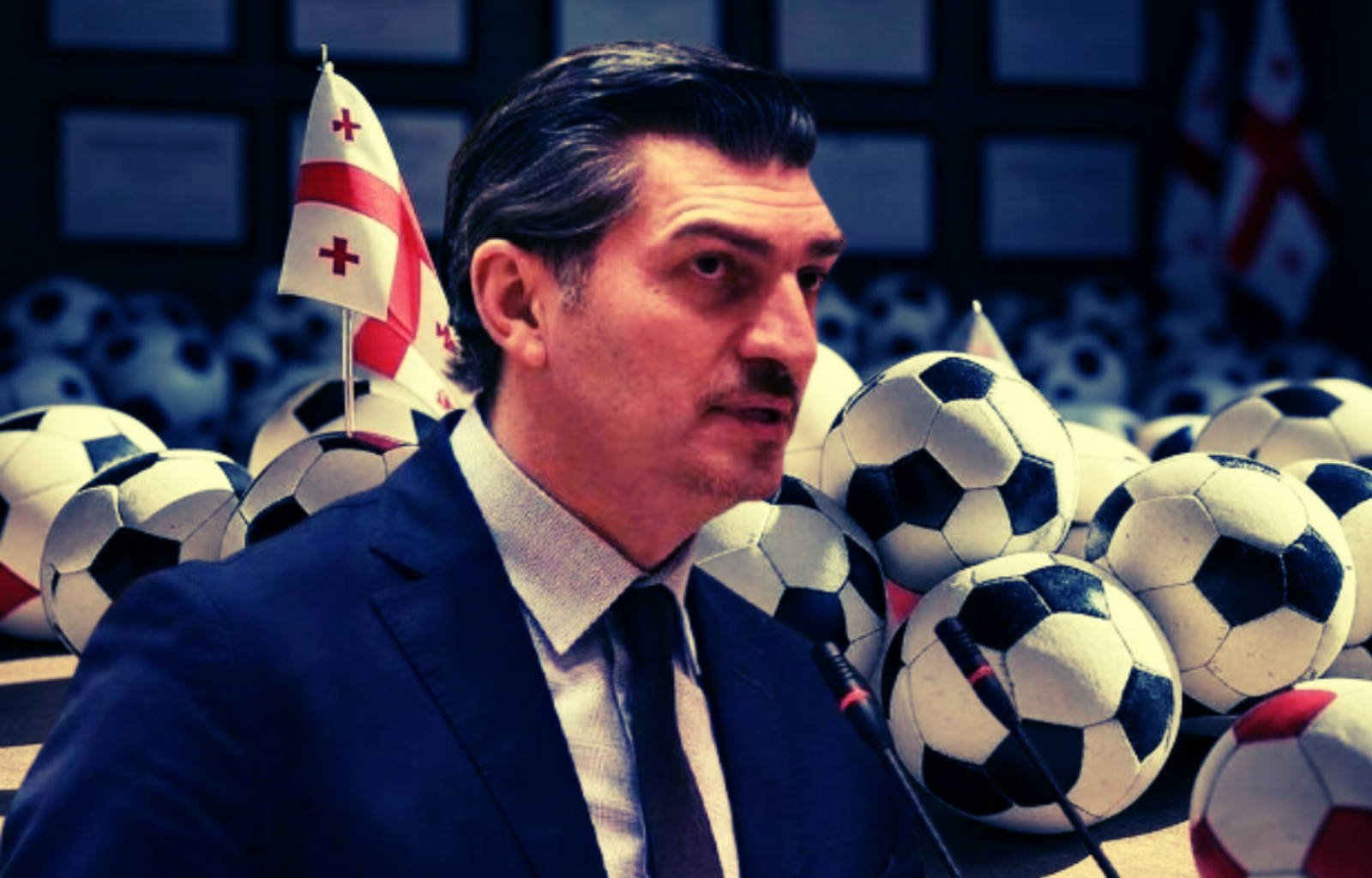
🇬🇪 Georgia is in turmoil after the election of Mikheil Kavelashvili as the country’s president on 14 December 2024. The former football player, known for his international sporting career and now a member of parliament for the governing Georgian Dream party, was elected unopposed, obtaining 100 per cent of the valid votes from an electoral college consisting of party members and local councillors.
The amendment to the electoral law, introduced in 2018, eliminated direct popular suffrage for the election of the president, making the process heavily controlled by the ruling party. The office of president, now largely ceremonial, had been the last symbol of direct citizen vote before Salome Zourabichvili was elected with the support of the Georgian Dream.
The figure of Kavelashvili: from sport to politics
Mikheil Kavelashvili, former striker of the Georgian national team, had a successful football career between the 1990s and 2000s. He played for prestigious clubs such as Manchester City in the English Premier League and several Swiss Super League teams – Grasshoppers, Zurich, Lucerne, Sion, Aarau and Basel. Back in his homeland, he played for Dinamo Tbilisi and Spartak Vladikavkaz, becoming a symbol of national football with 46 appearances and 9 goals in the national team.
His entry into politics in 2016, with the Georgian Dream party, was as surprising as it was controversial. Since then, Kavelashvili has been accused of pro-Russian positions, a recurring accusation levelled at the ruling party, especially after the decision to suspend EU accession negotiations until 2028.
The protest: irony and symbols against Kavelashvili
Kavelashvili’s unopposed election was perceived as a further anti-democratic setback and triggered a wave of demonstrations along the central Rustaveli Avenue in Tbilisi. Protesters displayed red cards and university diplomas, with the mocking slogan ‘We show Kavelashvili our diploma’, referring to the newly elected president’s lack of a higher education qualification.
The protest turned into a symbolic staging: some protesters organised impromptu football matches along the capital’s main street, mocking Kavelashvili’s sporting past and making fun of his institutional role.
The lighting of the Christmas tree and the government’s provocation
Tensions were further fuelled by the management of the Christmas tree lighting on the central Rustaveli Avenue. The decision by the mayor of Tbilisi, Kakha Kaladze – himself a former footballer and a leading exponent of the Georgian Dream – to schedule the event at the same place and time as the protests was interpreted as a deliberate provocation.
The choice, perceived as an attempt to trigger a clash between protesters and government supporters, contributed to increasing the climate of tension. In the end, the initiative was not carried out, a sign of the growing discontent and the pressure exerted by the protests.
The position of Salome Zourabichvili
Among the protagonists of the protest was outgoing president Salome Zourabichvili, who harshly attacked the government in a message on X (formerly Twitter):
“On this day, one year ago, Georgia was granted EU candidate status. It was a day of consensus, popular joy and great emotion! In one year, the government of one man and one party destroyed this great opportunity, building a repressive and authoritarian regime. I remain your president – there is no legitimate parliament and therefore no legitimate election or inauguration. My mandate continues.”
Georgia: a year of democratic regression
Kavelashvili’s election comes at a delicate time for Georgia, one year after being granted EU candidate status, which was obtained under certain conditions. What was supposed to represent a path of democratic reforms and European integration has, instead, been challenged by the Georgian Dream government.
The suspension of EU negotiations and the election of a president perceived as imposed by the party have accentuated a deep polarisation in the country. The daily protests and public ridicule directed at Kavelashvili highlight the general discontent and loss of trust in institutions.
In this turbulent climate, Georgia finds itself at a historic crossroads: find the democratic path demanded by Europe or slide further towards an authoritarian model that risks isolating it politically and economically. The election of Kavelashvili, with its contested legitimacy, could become the key moment of this turning point.

